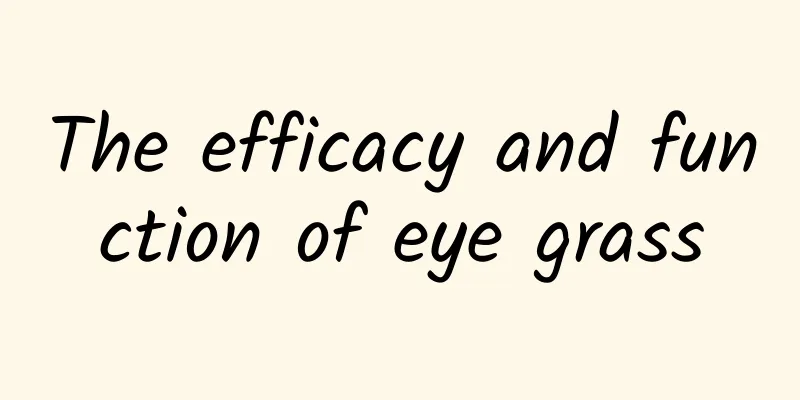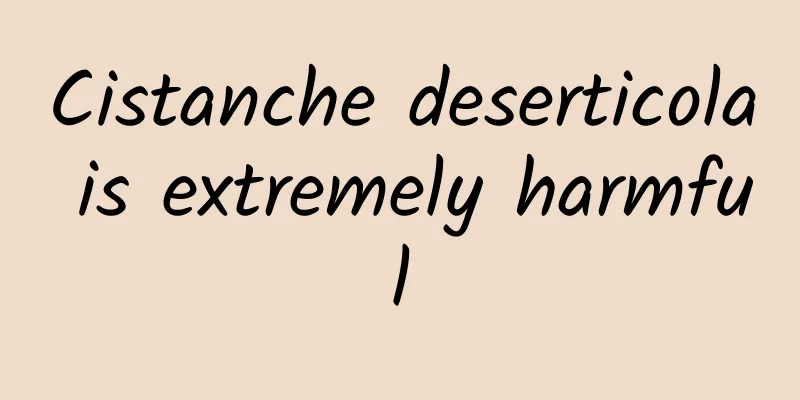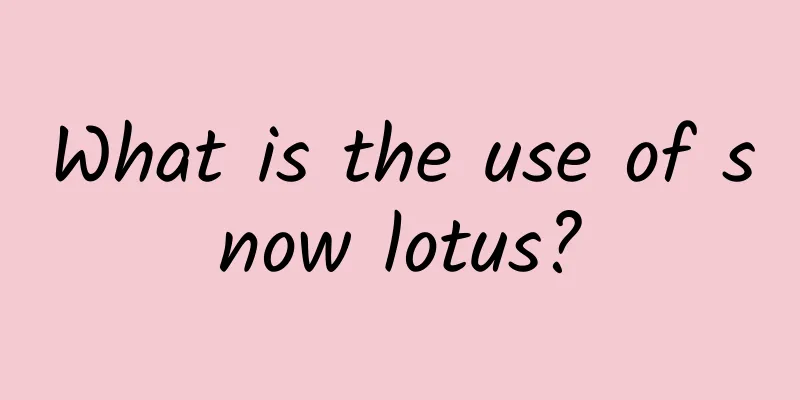The efficacy and function of eye grass

|
As a traditional Chinese medicine, eye grass has great medicinal value and can treat many diseases. Let’s take a closer look at it below. [Other names] Wang Beijing, Shigudan, Yizhilin, Wulai grass, Xiashanlian, Shanqi [Source] Medicinal material source: the stems and leaves of the Urticaceae plant hemp. [Original morphology] Herb, the whole plant is hairless. The stem base is fleshy and rooting. Leaves are usually grown on the upper part or clustered at the top, opposite, with one of the reduced leaves being extremely small, lanceolate or oblong, 4-8mm long, nearly sessile, and usually falling off. Normal leaves are membranous or papery, with petioles 3-8mm long; 2 stipules, very small; leaf blades are oblong-lanceolate or obovate-oblong, 8-18m long, 2.5-4cm wide, slightly oblique, nearly symmetrical on both sides, acuminate or acute at the apex, oblique cuneate at the base, with right-angled serrations or round serrations on the margins above the middle, linear in stalactites, denser on the back, evenly distributed, pinnate in veins, 7-10 lateral veins on each side, obvious, arched in front of the leaf margin, connected or not connected and reaching the leaf edge, and the reticulate veins are not obvious. Flowers are unisexual and monoecious, with male inflorescences usually growing in the lower part and female inflorescences in the upper part, and occasionally female and male inflorescences clustered on the same node; male inflorescences are sparse, clustered, with short filamentous peduncle, a few flowers, calyx lobes oblong or ovate, with a small horn at the top; female inflorescences are capitate, 2-3mm in diameter, with short rod-shaped peduncle, clustered, with many flowers, extremely small bracts, nearly scale-like, 5-base-number flowers, calyx lobes extremely small, obovate, cucullate, transparent, with a keel-like protrusion at the tip; ovary is ovate, flattened on both sides, with yellow-brown stripes. Achenes are ovate, 0.7-1mm long and flat. Flowering period: spring and summer. [Habitat distribution] Ecological environment: Grown on rocks beside streams under dense forests at medium to high altitudes. 【Nature and flavor】 Slightly bitter; Cool in nature 【Functions and indications】Removing cataracts and improving eyesight; clearing away heat and detoxifying; dispersing blood stasis and reducing swelling. The main effect is membrane clouding; wind-fire red eyes; burns; traumatic injuries; fractures; unidentified swelling; skin ulcers 【Usage and Dosage】 For external use: appropriate amount, mash and apply or decoct in water, cool and filter to use as drops. 【Excerpt】 Chinese Materia Medica Based on the above description of eye grass, it can be seen that eye grass has many benefits to the human body, and there are many ways and uses for it. The pharmacological effects of eye grass can be used to treat corresponding diseases. |
<<: The efficacy and function of Yanqi
>>: The efficacy and function of chimney flower [picture]
Recommend
The efficacy and function of Platinum Fruit Olive
I don’t know if you are familiar with the platinu...
Chi = red, adzuki bean ≠ red adzuki bean? ?
Are you confused about the difference between adz...
Apples vs. pears, which one is easier to preserve? | There is great science in life
Today we are going to talk about two very common ...
Can Maca be eaten in summer?
Maca is a plateau plant that grows at an altitude...
The efficacy and function of dwarf willow piercing fish
The Chinese medicinal material dwarf willow chub ...
These 3 types of people are really not suitable for naps! Check if it’s you
Spring sleepiness, summer fatigue, autumn naps, a...
Does Astragalus have any beauty effects?
Many people think that Astragalus has beauty effe...
What are the methods of soaking wolfberry in water?
Many people cannot master the method of soaking w...
In "Nezha 2", why did General Octopus dare to roast his own "feet" to eat?
Review expert: Li Yingchao, Director of the Scien...
Is it really good to eat Polygonum multiflorum for a long time?
Polygonum multiflorum is actually a relatively pr...
The efficacy and function of velvet leaves
Ramie leaf is a wild plant, but it can also be us...
Technology Morning News | Research shows drinking more coffee can prevent Alzheimer's disease
【Today’s cover】 Qilin Gorge is located in Qiongzi...
Expect artificial rainfall in the high temperature? It turns out that you can’t just make it rain whenever you want…
Who doesn't want a sudden rainstorm every sum...









